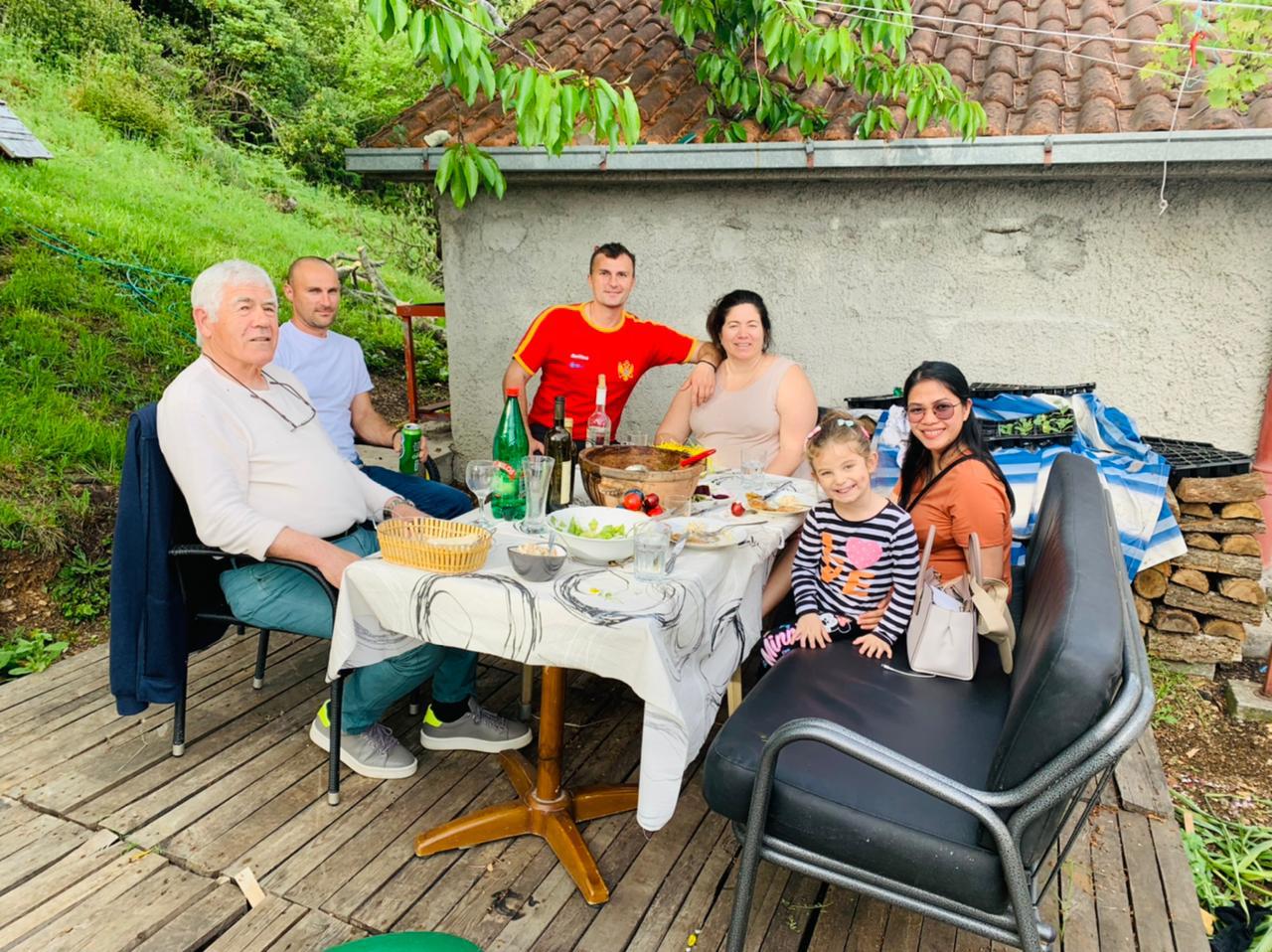Basic Montenegrin Phrases To Know Before Arriving in Montenegro
This article will help you learn the most basic Montenegrin phrases you can use once you arrive in Montenegro someday as a tourist or an immigrant.

Studying a new language is challenging and fun (maybe? lol). Only one thing is for sure, it’s difficult and can even cause a headache to learners. The only thing to keep in mind is once you see the result of your study, you will know how beneficial it is. Here, we will tell you some of the basic phrases to use before arriving in Montenegro.
Table of Contents
How to Learn Montenegrin Phrases?
Some people assume that when they already know certain words and already perfected the grammar then they can already use them in a daily conversation. This is partly true, but in the most common scenario like a daily conversation, they usually get lost on how to apply this knowledge. This is when you can use phrases. Upon learning one phrase, try to remember it as much as you can and practice using it in a sentence or a conversation. Advanced foreign speakers use many more phrases than users with a lower level of knowledge. Learning phrases help the speaker sound more native and it also helps the speech have the appropriate speed and pace, sound natural and fluent, and not be an effort for the speaker.

Basic Montenegrin Phrases To Learn Before Arriving in Montenegro
Good Day / Hello – Dobar Dan / Zdravo
This is the most basic one in language learning. When you’re in Montenegro, it gives an amazing impression once you start greeting the locals using this phrase. It will give them the feeling that you’re trying your best to communicate with them using their language and they will absolutely feel happy about that.
Thank you / Please – Hvala / Molim
This phrase screams gratitude and politeness. Knowing a language also comes with having good manners. Make the first good impression lasts!
You are welcome / It’s nothing – Nema na cemu
What if someone thanked you for something? How would you respond? You can just say “Nema na cemu” which literally means “for nothing”.

My name is… / Pleased to meet you – Zovem se… / Drago mi je
Since you already start using some of the basic phrases, why not impress the locals more? Introduce yourself using the Montenegrin language! Trust me, they will appreciate it!
I don’t understand – Ne razumijem
Let’s not forget that when you start using those more basic phrases above, locals will start assuming that you can speak their language fluently. In this case, they might start talking to you at a speed and manner that’s impossible for you to understand. To simply tell them that you don’t understand, just say “Ne razumijem”.
Good morning, Good afternoon, Good evening – Dobro Jutro, Dan, or No'c
The word “Dobro:” means “Good” in English. After this word, you can put “Jutro, Dan, or No'c” – depending on the time of the day.
Goodbye – Dovidenja
The most common word to say “Goodbye” in Montenegrin is “Dovidenja” and it actually means “Until next time/meeting”. Another one would be “Zbogom”, but this is too dramatic and some people think of it as a forever goodbye or simply means you wouldn’t see each other again.
“'Cao and Adio” are also used for saying bye in Montenegro.
Excuse me / Sorry – Izvini / Izvinite
If you learned how to say thank you, it’s also important to know how to say sorry. However, you need to remember the slight difference between izvini and izvinite.
I need help – Upomo'c
When you’re in a situation where you really someones help, the most basic way to say it is “Upomo'c.”
How are You? – Kako ste?
Aside from calling for help, you also might want to check on someone how they are. Whatever the language is, this phrase shows compassion and concern.

Do you speak English? – Da li pricate Engleski?
If you’re still not that good with the Montenegrin language, it is nice to ask someone if they speak English. This is the most polite way of asking a local if they speak English.
How much does it cost? – Koliko je kosta?
Living on a daily basis in a different country, this phrase becomes one of the most important ones. Whether you’re at a restaurant or a market, it can be a very big help to ask the waiter or the vendor how much does something costs.
Numbers
Of course, the numbers are as important as the words and phrases. Here are the Montenegrin numbers from 0-10:
Nula (NOO-lah) / 0
Jedan (YEH-dahn) / 1
Dva (dvah) / 2
Tri (tree) / 3
Cetiri (cheh-TEE-ree) / 4
Pet (peht) / 5
Sest (shehst) / 6
Sedam (SEH-dahm) / 7
Osam (OH-sahm) / 8
Devet (DEH-veht) / 9
Deset (DEH-seht) / 10
And those are the basic Montenegrin Phrases you can learn before you head your way to Montenegro. Do you consider yourself ready upon arriving in this country? Share with us your thoughts!

About the Writer
 Hi there! I’m Fatima. My first major travel was in 2016 in the beautiful city of Cebu. After that, I got interested in traveling. Now I enjoy learning languages and other country’s cultures. My goal is to visit at least one country each year and to share my experiences with other people through writing or blogging. Witness my journey by following me on Instagram.
Hi there! I’m Fatima. My first major travel was in 2016 in the beautiful city of Cebu. After that, I got interested in traveling. Now I enjoy learning languages and other country’s cultures. My goal is to visit at least one country each year and to share my experiences with other people through writing or blogging. Witness my journey by following me on Instagram.

Are you on Pinterest? Pin these!




